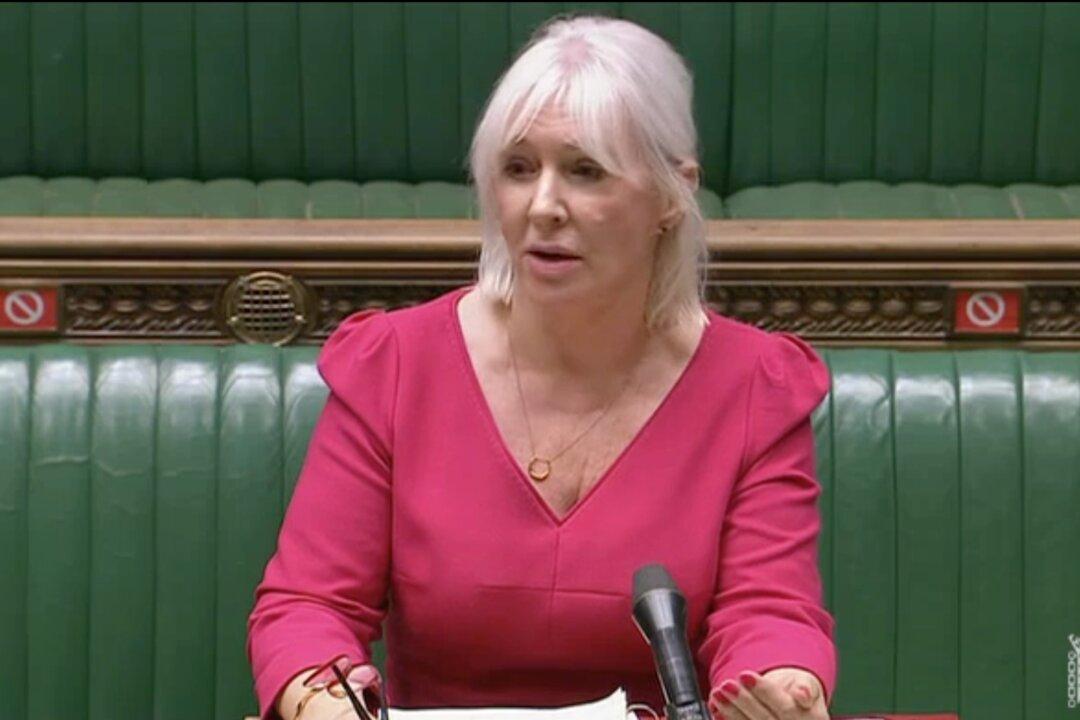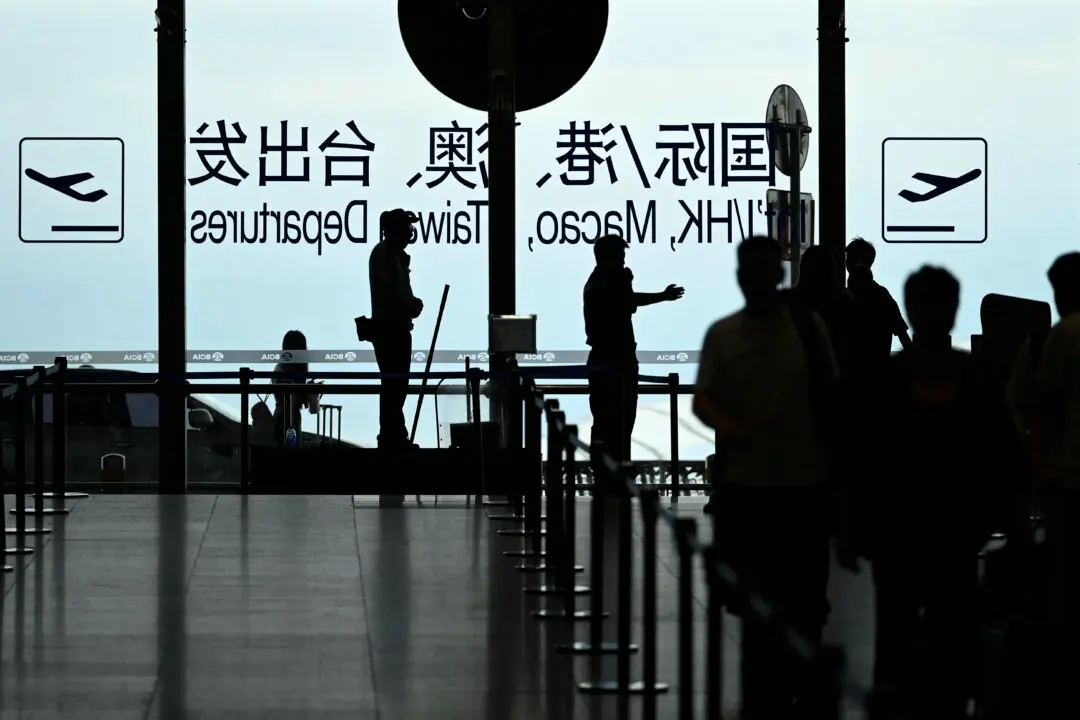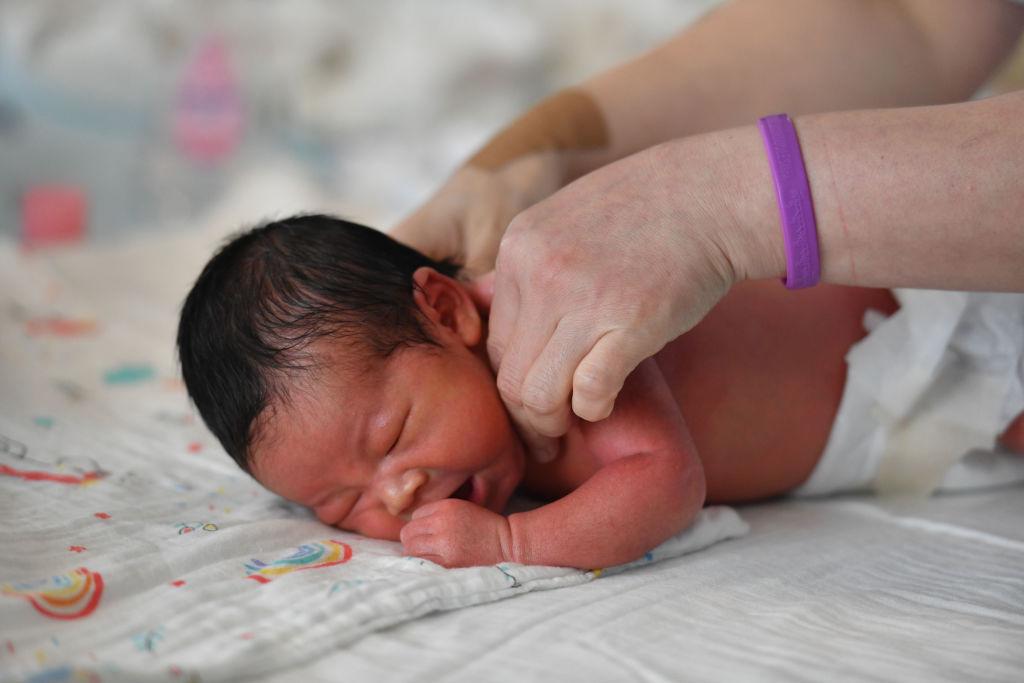Under Secretary of UK’s Health Ministry Nadine Dories said on Thursday that she was no longer immune to the CCP virus, as her antibodies disappeared 12 weeks after she recovered from COVID-19, the disease caused by the CCP (Chinese Communist Party) virus, commonly known as novel coronavirus.
“I was diagnosed with coronavirus on March 7, I had a severe dose and my antibodies had disappeared 12 weeks later. I am no longer immune to coronavirus,” Dories told Parliament.





